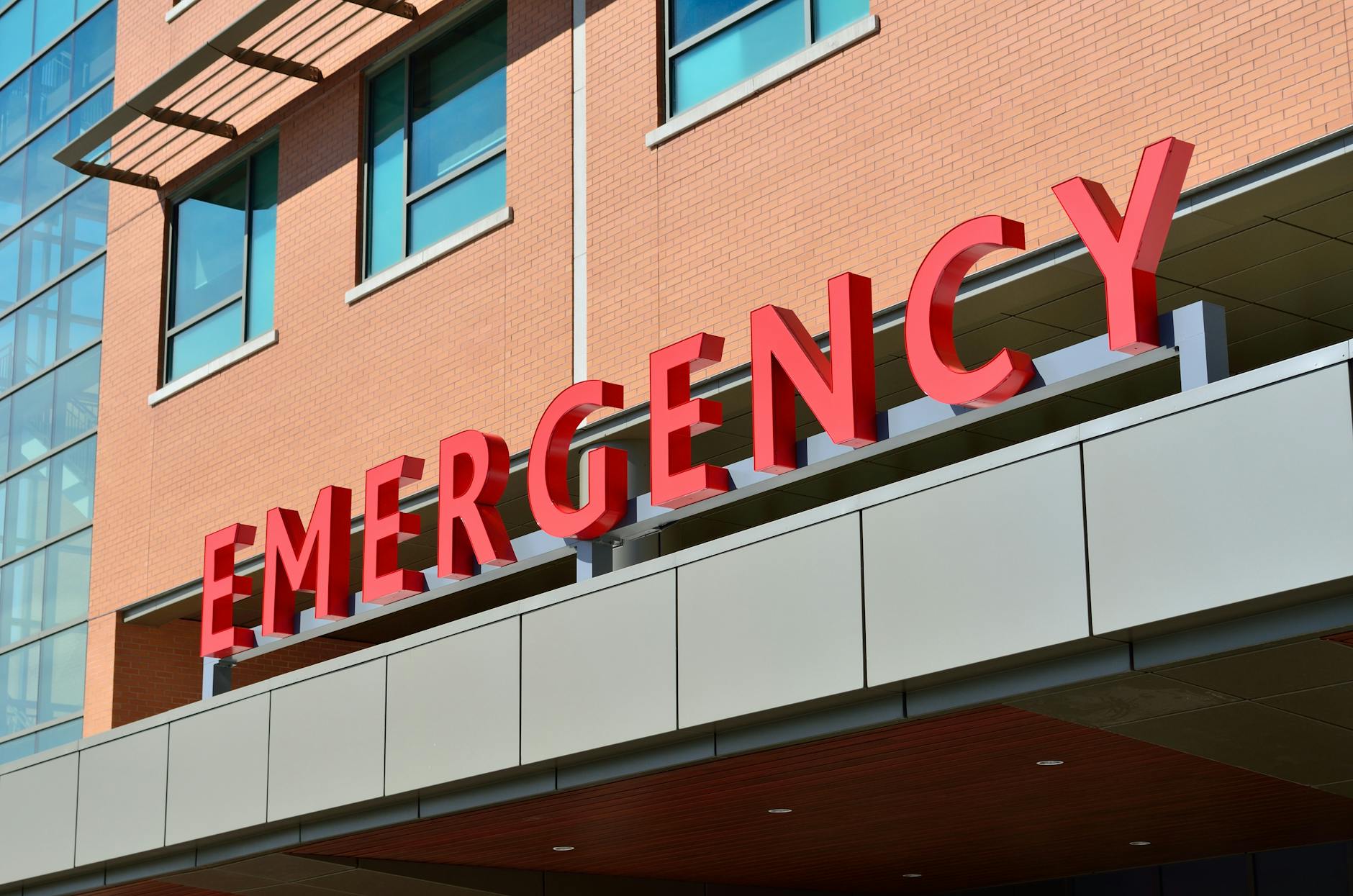Are you dreaming of living in one of Europe’s wealthiest nations? 🇱🇺 While Luxembourg offers an exceptional quality of life, pristine landscapes, and a thriving multicultural environment, it’s crucial to understand that this luxury comes with a significant price tag. As one of the world’s leading financial centers, Luxembourg’s cost of living can be eye-watering for the unprepared.
From sky-high housing costs in Luxembourg City to premium prices for everyday essentials, navigating the financial landscape of this small but mighty nation requires careful planning and consideration. Whether you’re an expat weighing your options or a professional contemplating a career move, understanding the true cost of living in Luxembourg is essential for making an informed decision about your future.
Let’s break down the key expenses you’ll encounter in Luxembourg, from housing and daily necessities to healthcare, education, taxes, and lifestyle costs – helping you paint a realistic picture of what life in the Grand Duchy will cost you. 💰

Housing Expenses
Rental Costs by District
Luxembourg’s rental market varies significantly by location, with Luxembourg City commanding the highest prices. Here’s a breakdown of average monthly rental costs:
| District | 1-Bedroom Apt | 2-Bedroom Apt | House |
|---|---|---|---|
| Luxembourg City | €1,800-2,200 | €2,500-3,000 | €3,500+ |
| Kirchberg | €1,600-2,000 | €2,300-2,800 | €3,300+ |
| Esch-sur-Alzette | €1,200-1,500 | €1,800-2,200 | €2,500+ |
| Differdange | €1,000-1,300 | €1,600-2,000 | €2,200+ |
Property Purchase Prices
Real estate prices in Luxembourg rank among Europe’s highest:
- Luxembourg City: €10,000-13,000/m²
- Kirchberg/Limpertsberg: €9,000-11,000/m²
- Suburban areas: €6,000-8,000/m²
- Rural regions: €4,000-6,000/m²
Utility Bills
Monthly utilities for an average apartment (85m²) typically include:
- Electricity and heating: €150-200
- Water: €40-60
- Internet and TV: €50-70
- Building maintenance: €30-50
Property Taxes
Luxembourg’s property taxes are relatively low compared to other European countries:
- Annual property tax: 0.7-1% of property value
- Registration duty: 6% of purchase price
- Transcription tax: 1% of purchase price
Now that we’ve covered housing costs, let’s examine the daily living expenses you can expect in Luxembourg.

Daily Living Costs
Groceries and Supermarket Prices
Daily groceries in Luxembourg tend to be higher than neighboring countries, with prices approximately 20% above the EU average. Here’s a breakdown of common grocery items:
| Item | Average Price (€) |
|---|---|
| Milk (1L) | 1.50 |
| Bread (500g) | 2.80 |
| Eggs (12) | 4.00 |
| Chicken (1kg) | 12.00 |
| Fresh vegetables (1kg) | 2.50-4.00 |
Public Transportation
Luxembourg offers excellent value with its free public transportation system since March 2020, making it the first country worldwide to implement this policy. Key benefits include:
- Free travel on trains, buses, and trams
- Cross-border transport still requires payment
- Annual savings of approximately €440 for regular commuters
- Reduced traffic congestion in Luxembourg City
Restaurant and Entertainment
Dining out and entertainment can significantly impact your monthly budget. Average costs include:
- Coffee in a café: €3-4
- Lunch in a casual restaurant: €15-20
- Dinner for two in a mid-range restaurant: €80-100
- Cinema ticket: €12
- Gym membership: €50-80 per month
The combination of free public transport helps offset some of the higher costs in other areas of daily living. Now, let’s examine the healthcare and insurance systems that contribute to the overall cost of living in Luxembourg.

Healthcare and Insurance
Public Healthcare Costs
Luxembourg’s public healthcare system is highly efficient, covering about 80% of medical costs. Residents contribute approximately 3% of their gross salary for health insurance, while employers match this contribution. A typical doctor’s visit costs €50-70, of which you’ll be reimbursed about €42-56.
| Service Type | Total Cost | Reimbursement | Out-of-pocket |
|---|---|---|---|
| GP Visit | €50-70 | 80% | €10-14 |
| Specialist | €100-150 | 80% | €20-30 |
| Hospital Stay | €200-300/day | 80% | €40-60/day |
Private Insurance Rates
- Basic supplementary coverage: €30-50/month
- Comprehensive family plans: €150-300/month
- Premium coverage with dental: €200-400/month
Prescription Medication Expenses
Prescription medications are generally affordable, with the national health insurance covering 80-100% of costs. The average prescription costs €15-30, with patients typically paying only 20% of the total amount.
Dental Care Prices
Basic dental procedures are covered under the national healthcare system, but cosmetic treatments require out-of-pocket payments or private insurance.
- Regular check-up: €50-80 (80% reimbursed)
- Professional cleaning: €80-120 (80% reimbursed)
- Root canal: €500-800 (40-80% reimbursed)
- Dental implants: €1,500-2,500 (minimal coverage)
With education and childcare costs being another significant expense for families in Luxembourg, it’s important to factor these into your overall budget planning. Cost of living

Education and Childcare
Public School Fees
Luxembourg’s public education system is predominantly free, offering high-quality education from primary through secondary levels. Students only need to cover minimal costs for books and school supplies, typically ranging from €100-200 per year. The system includes:
- Free transportation for students
- Subsidized lunch programs (€3-5 per meal)
- Complimentary language support classes
- State-provided basic school materials
International School Costs
International schools present a significant expense for expatriate families, with costs varying by institution:
| School Type | Annual Fees (€) | Additional Costs |
|---|---|---|
| European School | 3,000-12,000 | Registration: €500 |
| American School | 15,000-20,000 | Materials: €800 |
| British School | 12,000-18,000 | Activities: €600 |
University Expenses
The University of Luxembourg offers affordable higher education options:
- Bachelor’s degree: €400-800 per semester
- Master’s degree: €800-1,200 per semester
- Registration fees: €100 annually
- Student housing: €400-800 monthly
The government provides financial aid through student loans and grants, making higher education accessible to most residents. International students can also benefit from various scholarship programs.
Now that we’ve explored education costs, let’s examine the typical salary structures and taxation system in Luxembourg, which help residents manage these expenses effectively.

Salary and Taxation
Average Income Levels
Luxembourg boasts one of the highest average salaries in Europe. As of 2023, the average gross monthly salary stands at €5,500, with significant variations across industries:
| Sector | Average Monthly Salary |
|---|---|
| Finance | €7,200 |
| IT | €6,800 |
| Healthcare | €5,300 |
| Retail | €3,900 |
Income Tax Rates
Luxembourg employs a progressive tax system with 23 tax brackets:
- 0% for income up to €11,265
- 8% to 42% for income between €11,266 and €200,004
- 45% for income above €200,004
Social Security Contributions
Employees must contribute to various social security schemes:
- Pension insurance: 8%
- Health insurance: 3.05%
- Long-term care insurance: 1.4%
- Unemployment insurance: 1%
Banking and Financial Services
The country’s robust banking sector offers comprehensive services:
- Multiple international banks
- Advanced digital banking solutions
- Competitive mortgage rates (1.2% – 2.5%)
- Extensive investment options
Cost of Living vs. Wages
While Luxembourg’s high salaries appear attractive, they’re balanced against significant living costs:
| Expense Category | % of Average Salary |
|---|---|
| Housing | 35-40% |
| Daily Expenses | 20-25% |
| Transportation | 10-15% |
| Savings Potential | 20-30% |
With these high wages and corresponding tax obligations in mind, let’s explore the various lifestyle expenses that shape daily life in Luxembourg.

Cost of living Lifestyle Expenses
Shopping and Clothing
Luxembourg’s high-end retail scene reflects its affluent population, with premium brands commanding significant prices. Designer clothing typically costs 20-30% more than in neighboring countries. However, savvy shoppers can find reasonable prices at:
- Belle Étoile Shopping Center
- City Concorde
- Auchan Shopping Center
- Local markets and outlets
Sports and Fitness
Maintaining an active lifestyle in Luxembourg comes with considerable costs:
| Activity | Average Monthly Cost |
|---|---|
| Gym Membership | €50-80 |
| Tennis Court (1 hour) | €25-35 |
| Swimming Pool Entry | €8-12 |
| Yoga Class | €15-25 per session |
Travel Costs to Neighboring Countries
Luxembourg’s central location makes it perfect for European travel. Common transportation costs:
- Train to Paris (2 hours): €45-70
- Bus to Brussels (4 hours): €15-25
- Train to Frankfurt (4 hours): €40-60
- Driving costs: Fuel prices average €1.60-1.80 per liter
The country’s compact size means residents can easily explore nearby European destinations for weekend trips. While Luxembourg’s lifestyle expenses are generally high, the excellent public transport system helps offset some costs, with free public transportation within the country being a significant benefit to residents.
Now that we’ve explored lifestyle costs, let’s understand how all these expenses align with the typical salary and taxation structure in Luxembourg.

Living in Luxembourg comes with significant costs, particularly in housing and daily expenses, but these are balanced by the country’s high standard of living and excellent social benefits. The comprehensive healthcare system, quality education, and efficient public services justify the premium costs. While housing can consume a substantial portion of your income, the country’s competitive salaries and relatively favorable tax system help maintain a comfortable lifestyle.
Before making the move to Luxembourg, carefully evaluate your expected income against the typical expenses, particularly in your preferred residential area. Consider factors like housing type, transportation needs, and lifestyle preferences to create a realistic budget. With proper financial planning and understanding of local costs, Luxembourg can offer an exceptional quality of life despite its high living expenses.





